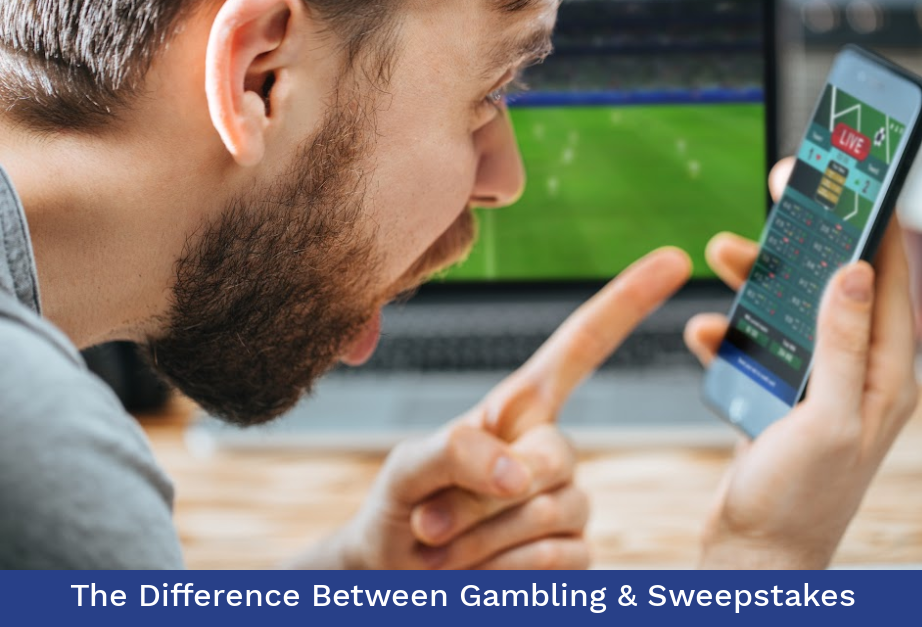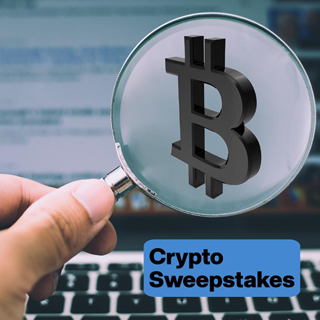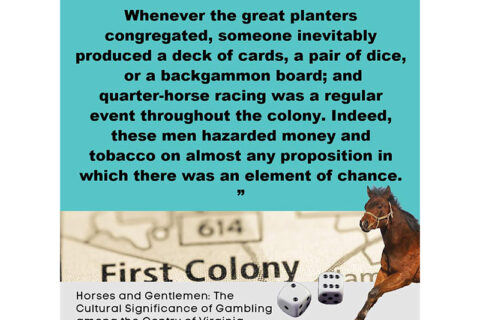Super Bowl LVIII Betting Highlights the Difference between ‘Gambling’ and ‘Sweepstakes’

The allure of big wins during significant sports events like the Super Bowl is undeniable. This year, the American Gaming Association estimated adults bet a staggering $1.4 billion in the US on Super Bowl LIX, witnessing the Philadelphia Eagles triumph over the Kansas City Chiefs. While the thrill of gambling can create substantial gains (both financial and emotional), it’s essential to remember the flip side – substantial losses. For instance, rapper GloRilla claims to have lost $128,000 by betting on Kansas City, according to MSN.
Difference Between Gambling and Sweepstakes
This high-stakes environment underscores the fundamental difference between gambling and participating in sweepstakes. The critical distinction lies in the entry mode: sweepstakes do not require participants to pay, eliminating the financial risk associated with gambling. This difference is not trivial, especially for companies looking to elevate their brand image through sweepstakes.
Maintaining accessibility and fairness for participants is a vital element of running a sweepstakes, whereas fairness and accessibility are not factors in gambling. One of the qualities state regulatory agencies and Attorneys General keep an eye on is whether consideration (a legal term to describe time, money, or effort that an entrant exerts for the chance to “win” a prize) is a component. The removal of consideration in sweepstakes is a key reason why they work as a marketing tactic and have a broad reach. It’s important to keep in mind that a sweepstakes, especially a successful one, is a type of organic advertising. The broader the audience, the bigger your ROI because a sweepstakes promotion is seldom as expensive as advertising/paid media budgets can be for a brand.
For brands aiming to make a positive impression and foster goodwill, sweepstakes offer a much safer alternative to gambling. When someone enters a sweepstakes, the lack of entry fee means there’s nothing to lose, which can prevent any negative associations with your brand in the event they don’t win. Furthermore, navigating the legal labyrinth of gambling and betting regulations can be a daunting task for any business. The stringent and intricate legal requirements make managing a betting or gambling-based promotional endeavor both cumbersome and risky, not to mention illegal in many states
Enter ESG, a company specializing in conceiving, managing, and administering sweepstakes designed to bolster public awareness of its clients. ESG understands that the goal is not just about creating a sweepstakes; it’s about crafting a memorable experience that links fun, brand recognition, and the thrill of potentially winning a prize. By choosing to organize a sweepstakes, your brand can engage with your audience in a meaningful way, fostering a positive image and association with your brand without the legal complexities and negative connotations that can accompany gambling. To date, there is no such thing as a “Sweepstakes Anonymous” organization to help people who are addicted to entering promotions get their life back on track, but there is a “Gamblers Anonymous” organization. You’ve seen the required legal disclosures on all advertising for gambling. Sure, sweepstakes require legal disclosures too, but there are no health or lifestyle downsides dominating the content of those disclaimers because the loss capacity is absent.
In a world where consumer engagement is paramount, sweepstakes present an opportunity to interact with your audience without the financial stakes of gambling. Whether it’s through excitement, entertainment, or the allure of a prize, a well-executed sweepstakes can significantly elevate your brand’s visibility and appeal. With ESG’s expertise, your company can navigate this landscape effortlessly, ensuring that your sweepstakes is not only legally compliant but also a resounding success. Let ESG help you turn the chance of winning into a win-win for your brand and your audience.


